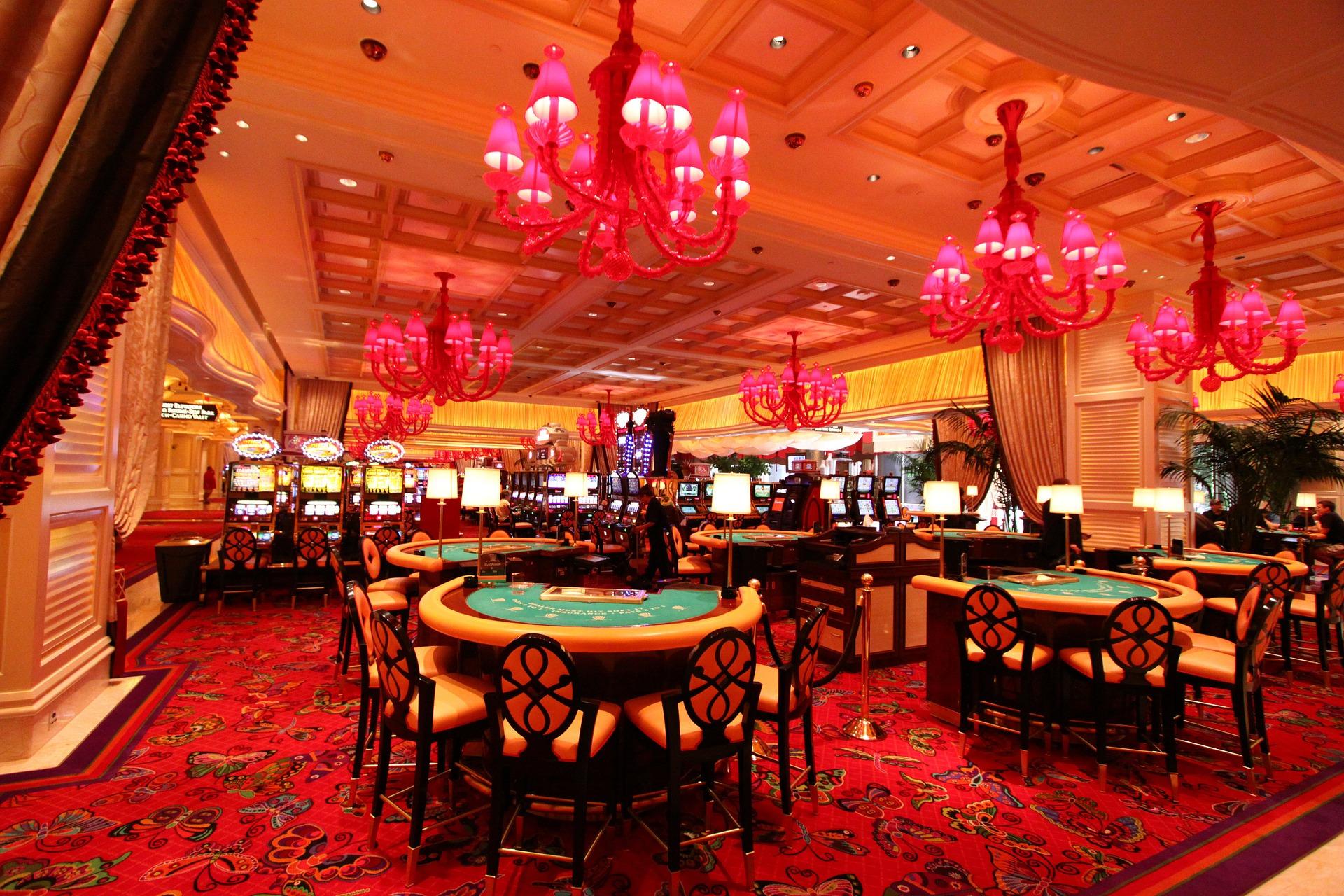
Casino experiences have long captured the fascination of individuals around the world, becoming an integral part of both entertainment and culture. From the sparkling lights of the Vegas Strip to the captivating experience of virtual casinos, these games evoke excitement, danger, and sometimes even a sense of nostalgia. They are more than simply hobbies; they have woven themselves into the tapestry of society, influencing various aspects from cinema and melodies to clothing and books.
The appeal of casino games goes beyond the betting aspect, tapping into wider themes of luck, risk, and psychology. As players gather around a poker table or turn the wheel of fortune, they engage in an ancient ritual that echoes with our communal desire for excitement and uncertainty. This fascination has led to the rise of numerous references in films, tracks, and video games, showcasing how deeply entrenched these pastimes are in pop culture. Whether it is the high-stakes tension of a legendary heist movie or the vibrant nightlife portrayed in music videos, casino games have carved out a substantial place that reflects our relationship with risk and reward.
Cultural Significance of Casino Activities
Casino activities have played a pivotal role in cultural aspects throughout history. Originating from ancient civilizations, games of chance were often linked to rituals or gatherings. For example, early forms of these activities can be traced back to historic Chinese and the Romans, where dice games and betting on outcomes were popular pastimes. These activities not only served as leisure but also as means of connecting people, facilitating connections among people within communities.
As cultures evolved, so did the sophistication and structure of gambling games. The creation of formal casinos in the 17th century, particularly in Italy, marked a major shift in how games were perceived and structured. With specific spaces for gaming, the casino became a social hub where patrons from different backgrounds gathered. This evolution contributed to the legitimization of the industry, transforming it from a mere pastime into an established industry that influenced economy and regulations.
The impact of casino activities on popular culture cannot be understated. As they were brought into the limelight in books and movies, games such as Texas Hold’em and 21 became icons of chance, luck, and tactics. Famous figures and narratives have emerged around these games, illustrating societal views towards luck, wealth, and immorality. This interest with casino activities has infiltrated various forms of media, solidifying their place in the collective consciousness and connecting them to broader cultural stories throughout history.
Portrayal of Casino Games in Media
Casino games have long been a popular topic in different types of entertainment, reflecting both the excitement and complexities of the world of gambling. Films such as Ocean’s Eleven and Casino Royale portray individuals who navigate intense situations, showcasing not only the allure of the casino atmosphere but also the tactics and choices that come with playing popular games like Texas Hold’em and blackjack. These movies often dramatize the excitement of winning and the potential results of losing, encapsulating the perils involved in gambling.
Television shows have also explored the realm of gambling activities, often integrating them into the plot as a backdrop for character arcs and tension. Shows like Vegas depict the stories of gambling employees and patrons, highlighting the vibrant, often disorderly energy of the casino floor. UK bookies not on GamStop Docuseries featuring intense betting contests further emphasize the appeal of casino games, drawing viewers into the drama and planning involved in each round. Through these portrayals, media not only engages but also stimulates conversations about fortune, expertise, and the essence of randomness.
Digital games have increasingly integrated gambling activities into their development, allowing players to experience the experience of gambling without financial risk. Titles within the realm of online gaming often include online slot machines, online poker, and other casino favorites, creating an interactive experience that mirrors real-life gameplay. These virtual portrayals make gambling activities accessible to a worldwide viewer base, appealing to both risk-takers and those who enjoy the rush of simulation. As a result, the portrayal of casino games in media continues to shape public perception and importance, highlighting their role in society and the cultural landscape.
Effect of Gambling Activities on Communities
Gambling activities have a significant effect on communities, affecting multiple aspects of societal norms and social behavior. They often serve as a venue for social interaction, where people gather to experience a shared experience. Casino trips with friends or trips to casinos become group events that build connections and create memories. This communal aspect boosts the entertainment value of gambling activities, making them a favored choice for festivities and recreational pursuits.
Moreover, gambling activities have been depicted in countless films, TV series, and written works, influencing views and opinions towards gaming and gaming. Icons like James Bond playing baccarat or the intense poker scenes in films have embedded these games in the shared imagination. This depiction often glamorizes the lifestyle associated with casino activities, drawing in new players and impacting trends in both style and conduct. These portrayals can ignite curiosity and lead to a more profound investigation of the nuances of gaming.
Nonetheless, there are also adverse implications associated with the widespread appeal of casino games. The allure of quick monetary gain can lead to problem gambling and financial troubles for some individuals. Society must grapple with these issues, promoting responsible gambling and education of the risks involved. Balancing the entertainment value of gambling activities with the potential for harm is crucial to ensure that they remain a beneficial aspect of our cultural landscape.